April 19, 2025 | 06:48 GMT +7
April 19, 2025 | 06:48 GMT +7
Hotline: 0913.378.918
April 19, 2025 | 06:48 GMT +7
Hotline: 0913.378.918
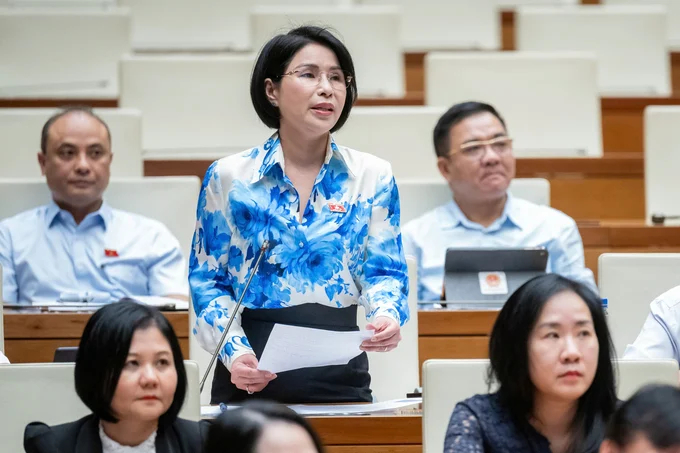
Delegate Tran Thi Nhi Ha (Hanoi) asked about the difficulties in lobbying the European Commission to remove the "yellow card" on seafood for Vietnam. Photo: National Assembly.
Questioning the Minister of Agriculture and Rural Development, delegate Tran Thi Nhi Ha (Hanoi) said that in 2024, our country's seafood industry will continue to face many challenges from the market, from selling prices to challenges due to trade barriers. Especially in the context that Vietnam has been warned with a yellow card by the European Commission (EC) for nearly 7 years on seafood activities.
Therefore, the delegate asked the Minister to let him know what difficulties and obstacles the Ministry is currently facing in the process of lobbying the European Commission to remove the yellow card on fisheries for Vietnam.
Responding to delegates about solutions to remove the IUU "yellow card," Minister Le Minh Hoan said that the main solution is still to effectively implement the Vietnam Fisheries Development Strategy to 2030, with a vision to 2045; the Sustainable Agricultural and Rural Development Strategy for the 2021-2030 period, with a vision to 2050, approved by the Prime Minister.
In this framework, fisheries development is based on three pillars: reducing exploitation, increasing aquaculture, and marine conservation, which ensure fishery reserves for future generations.
Minister Le Minh Hoan stated that the solutions to remove the IUU yellow card that we have implemented over the past seven years have had certain results. We have also reorganized the fisheries control system; currently, all 28 coastal localities have fisheries control forces; and we have a Resolution of the Supreme People's Court's Judicial Council on criminalizing violations related to IUU.
Although the number of vessels has been reduced by 20,000 (from over 100,000 to 86,000), Vietnam still has an excessively large fleet compared to other countries in the region, which poses a significant challenge to sustainable development.
In the coming period, we must continue demonstrating Vietnam's commitment to addressing the IUU yellow card issue. This will involve close coordination with the Ministry of Foreign Affairs, the Ministry of Public Security, and the Ministry of National Defense, particularly during the peak enforcement month.
However, Vietnam’s fisheries industry remains fragmented, characterized by small-scale and disjointed operations. Moreover, there is a lack of institutions to enforce community-based management of aquatic resources, an approach that is already mandated by law.
The Minister also noted that human resource development within the fishing industry remains inadequate. Therefore, in the future, the Ministry will collaborate with the Ministry of Education and Training to develop solutions aimed at raising awareness among fishermen about the importance of protecting aquatic resources.
Translated by Quynh Chi

(VAN) Green finance needs to undergo global reform to ensure capital flows to the right places, at the right time, and supports a just green transition.
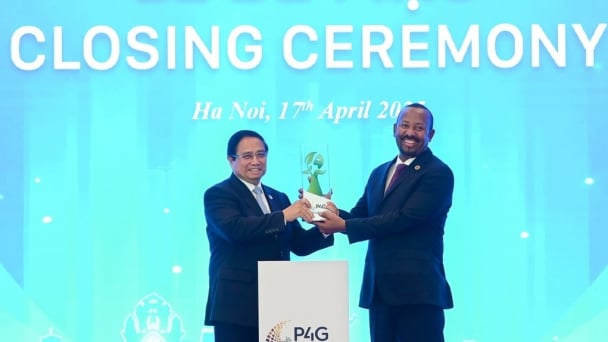
(VAN) On the afternoon of April 17, Prime Minister Pham Minh Chinh chaired the closing ceremony of the P4G Vietnam Summit 2025, with the theme 'Sustainable and People-Centered Green Transformation.'
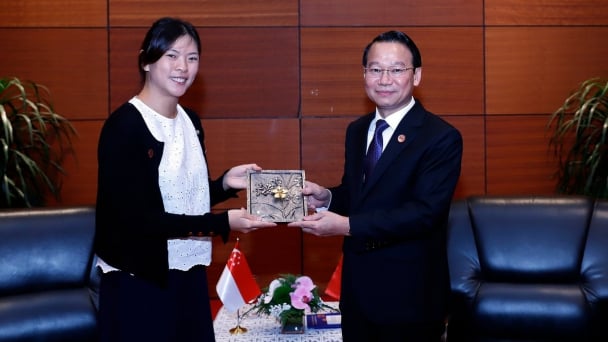
(VAN) Vietnam and Singapore are poised to sign the Paris Agreement and collaborate on implementing large-scale renewable energy projects that are mutually beneficial.
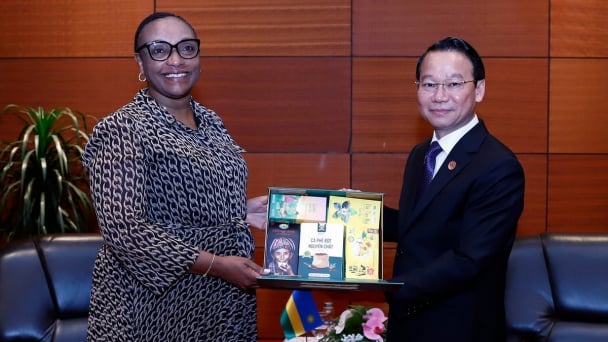
(VAN) Vietnam and Rwanda agreed to promote agricultural and environmental cooperation towards green growth and sustainable development in the new period.

(VAN) With a comprehensive food system transformation roadmap, Ethiopia has become Africa's largest wheat producer, ensuring domestic consumption and export.
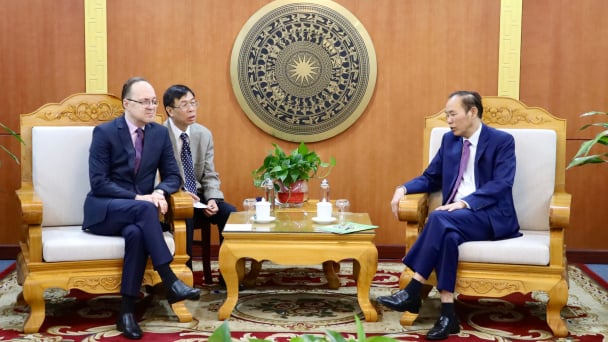
(VAN) On the morning of April 17, Deputy Minister of Agriculture and Environment Phung Duc Tien welcomed and worked with Mr. Gennady Bezdetko, Ambassador Extraordinary and Plenipotentiary of the Russian Federation to Vietnam.
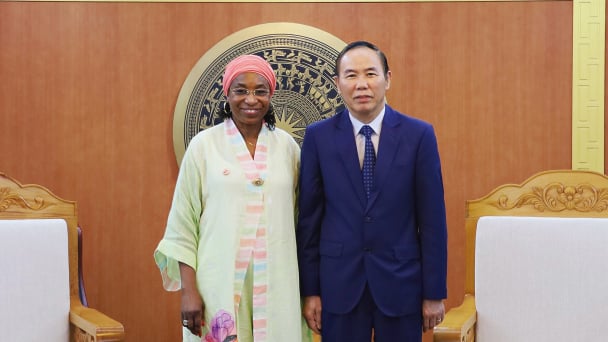
(VAN) On the afternoon of April 17, Deputy Minister of Agriculture and Environment Phung Duc Tien received with UNIDO Deputy Director-General Fatou Haidara.